How did Glastonbury 2024 measure up?
Sound problems hampered 'sublime' performances during festival in which pop came out on top
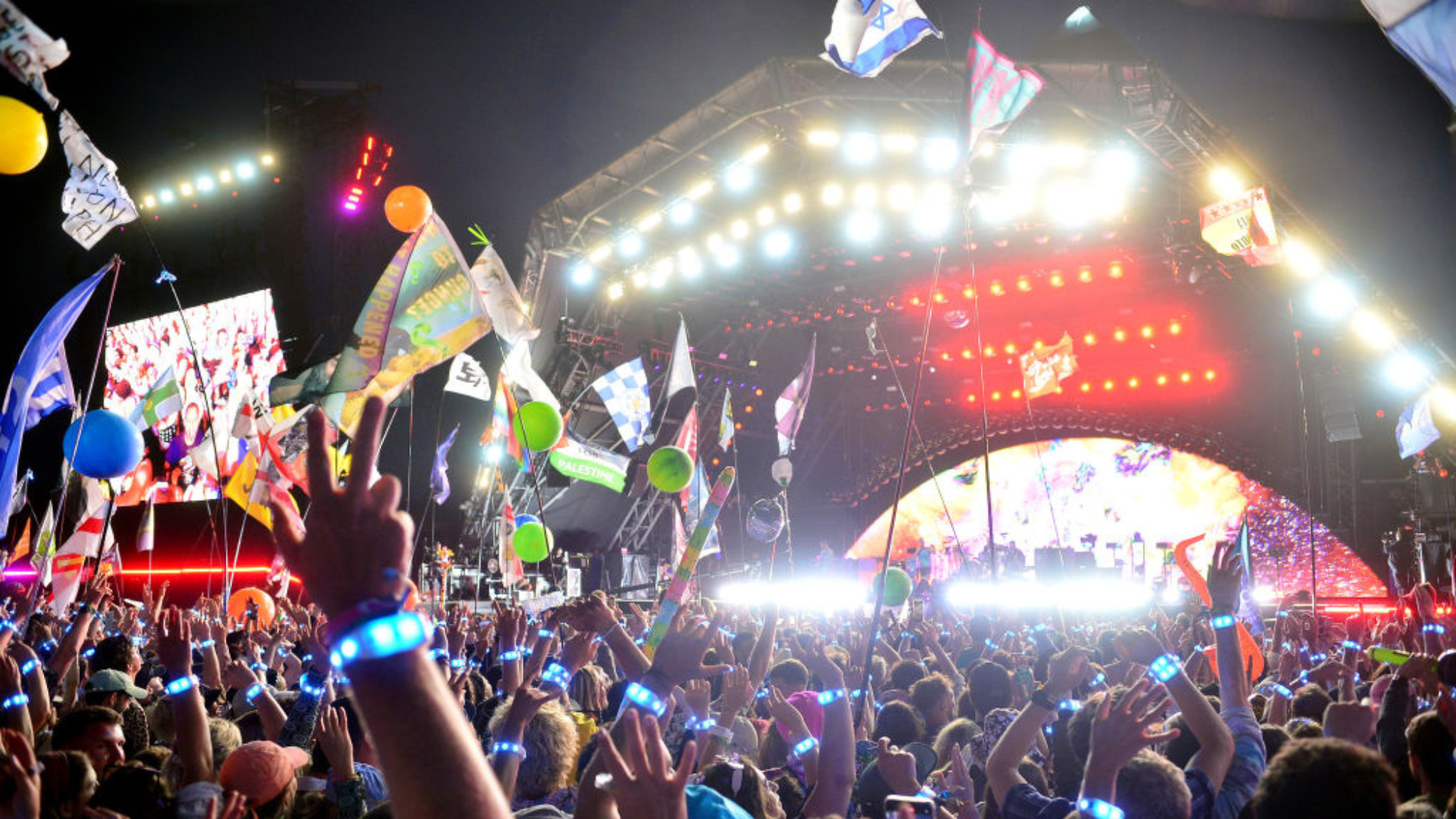
A free daily email with the biggest news stories of the day – and the best features from TheWeek.com
You are now subscribed
Your newsletter sign-up was successful
It was a "spectacular weekend of celebrity cameos, fireworks and crowd-surfing", said Sky News's cultural and entertainment reporter Gemma Peplow. Oh, "and music, of course."
But sound issues and scheduling oversights have left some feeling that this year's edition of the UK's biggest music festival didn't quite strike the right note.
Lessons to be learnt
SZA's Glastonbury headline set "will go down in history for the wrong reasons", said the BBC's music correspondent Mark Savage. Despite her "vocal command" and a "visual feast" of staging, the American artist "failed to ignite any magic" at the Pyramid Stage.
The Week
Escape your echo chamber. Get the facts behind the news, plus analysis from multiple perspectives.

Sign up for The Week's Free Newsletters
From our morning news briefing to a weekly Good News Newsletter, get the best of The Week delivered directly to your inbox.
From our morning news briefing to a weekly Good News Newsletter, get the best of The Week delivered directly to your inbox.
Attracting the smallest crowd of the weekend's trio of headliners, persistent sound issues resulted in "distorted and muffled" vocals, a problem which also dampened performances by Shania Twain and Cyndi Lauper. Still, SZA delivered one of the "most vulnerable, moving" performances of the weekend's biggest acts. It was a "sublime show" held "in the wrong venue – a problem that has repeatedly blighted this year".
There came a point at this year's festival where it was "easier to give up about a mile away from the stage", said The Independent's features editor Adam White. Noughties pop icons Sugababes and "grouchy, nostalgic pop-punk queen" Avril Lavigne were two acts that were "shoved on a too-small stage in front of an overwhelming sea of people". Glastonbury organisers should "learn lessons from a year that has vastly underestimated the appeal of pop nostalgia", and "overestimated the interest in many performing over at the Pyramid".
Hit-filled highlights
"In terms of 'I was there ' moments, this one wasn't quite up there with Jimi Hendrix doing 'The Star-Spangled Banner' at Woodstock," said arts writer and pop critic Ludovic Hunter-Tilney in the Financial Times. Nonetheless, history was made in some respects. The festival hosted its first K-pop act, Seventeen, who "rose above the demotion" of their set's "low-status" mid-afternoon scheduling to draw fans and inspire "something of a singalong, the festival's seal of approval".
And there were other standout moments. Coldplay's Saturday-night set "was a spectacle designed to be seen from outer space", said Hunter-Tilney. The fifth-time headliners "were out to make a Big Glastonbury Statement", with a "large, random assortment of guests" and a "retina-dazzling, synapse-frying, sensory overload of a show". It wasn't for me, but "everyone else crammed into the vast Pyramid space" loved it.
A free daily email with the biggest news stories of the day – and the best features from TheWeek.com
Dua Lipa threw "everything she has at it" too, said The Guardian's head rock and pop critic Alexis Petridis. There were pyrotechnics, special guests and "crowd-pleasing hits". She drew a huge crowd who stayed put – a sign that the singer got it right.
And organiser Emily Eavis doesn't seem too concerned about the criticisms that have been levelled against this year's bill. "It's got to be the best one yet," she told The Sun, confirming talks with acts for next year's festival are already under way before a planned fallow year in 2026.
Julia O'Driscoll is the engagement editor. She covers UK and world news, as well as writing lifestyle and travel features. She regularly appears on “The Week Unwrapped” podcast, and hosted The Week's short-form documentary podcast, “The Overview”. Julia was previously the content and social media editor at sustainability consultancy Eco-Age, where she interviewed prominent voices in sustainable fashion and climate movements. She has a master's in liberal arts from Bristol University, and spent a year studying at Charles University in Prague.
-
 Why is the Trump administration talking about ‘Western civilization’?
Why is the Trump administration talking about ‘Western civilization’?Talking Points Rubio says Europe, US bonded by religion and ancestry
-
 Quentin Deranque: a student’s death energizes the French far right
Quentin Deranque: a student’s death energizes the French far rightIN THE SPOTLIGHT Reactions to the violent killing of an ultraconservative activist offer a glimpse at the culture wars roiling France ahead of next year’s elections
-
 Secured vs. unsecured loans: how do they differ and which is better?
Secured vs. unsecured loans: how do they differ and which is better?the explainer They are distinguished by the level of risk and the inclusion of collateral
-
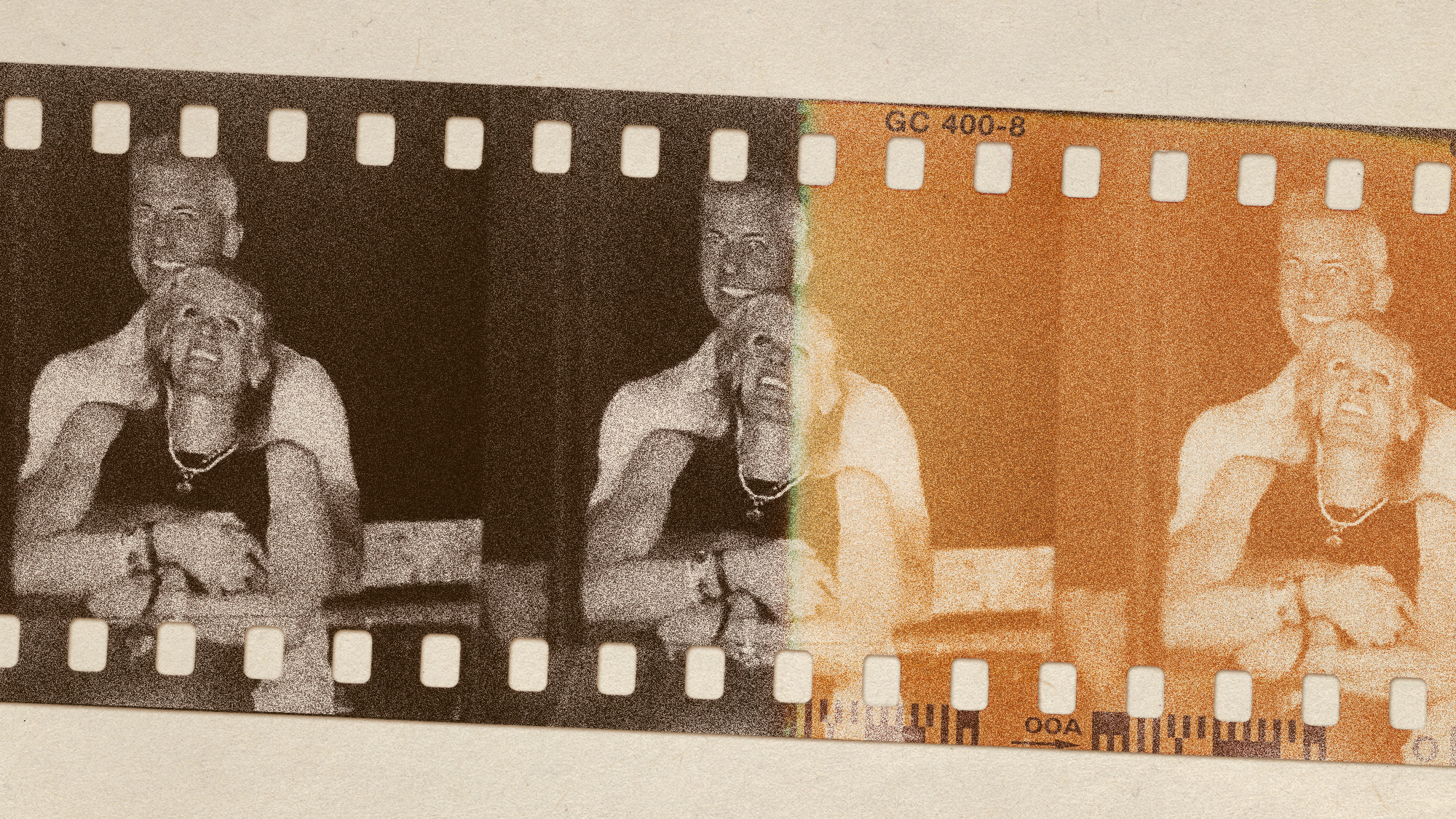 The biggest viral moments of 2025
The biggest viral moments of 2025In the Spotlight From the Coldplay concert kiss cam to a celebrity space mission, these are some of the craziest, and most unexpected, things to happen this year
-
 Disney bets big on AI, but not everyone sees a winner
Disney bets big on AI, but not everyone sees a winnerTalking Points The company will allow users to create their own AI content on Disney+
-
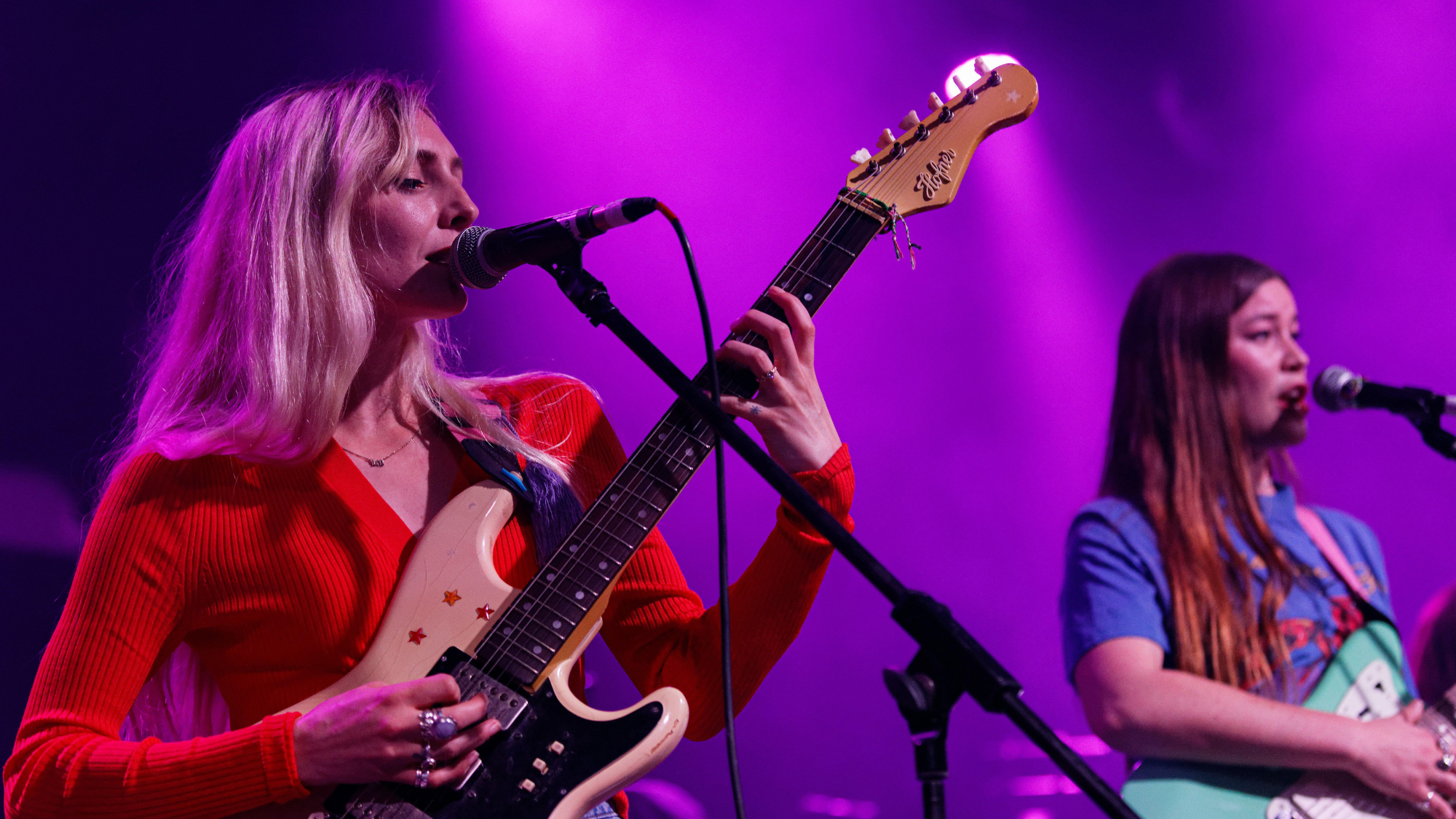 What to see at Glastonbury
What to see at GlastonburyThe Week Recommends Whether you've got your tent and your ticket or you're watching from home, these are the hottest acts to catch at Worthy Farm
-
 The UK's best food and drink festivals in 2025
The UK's best food and drink festivals in 2025The Week Recommends Enjoy delicious dishes at a culinary extravaganza near you
-
 Spotify Wrapped: a slave to the algorithm?
Spotify Wrapped: a slave to the algorithm?Talking Point Some listeners aren't convinced by the streaming platform's AI features – or what they say about their music habits
-
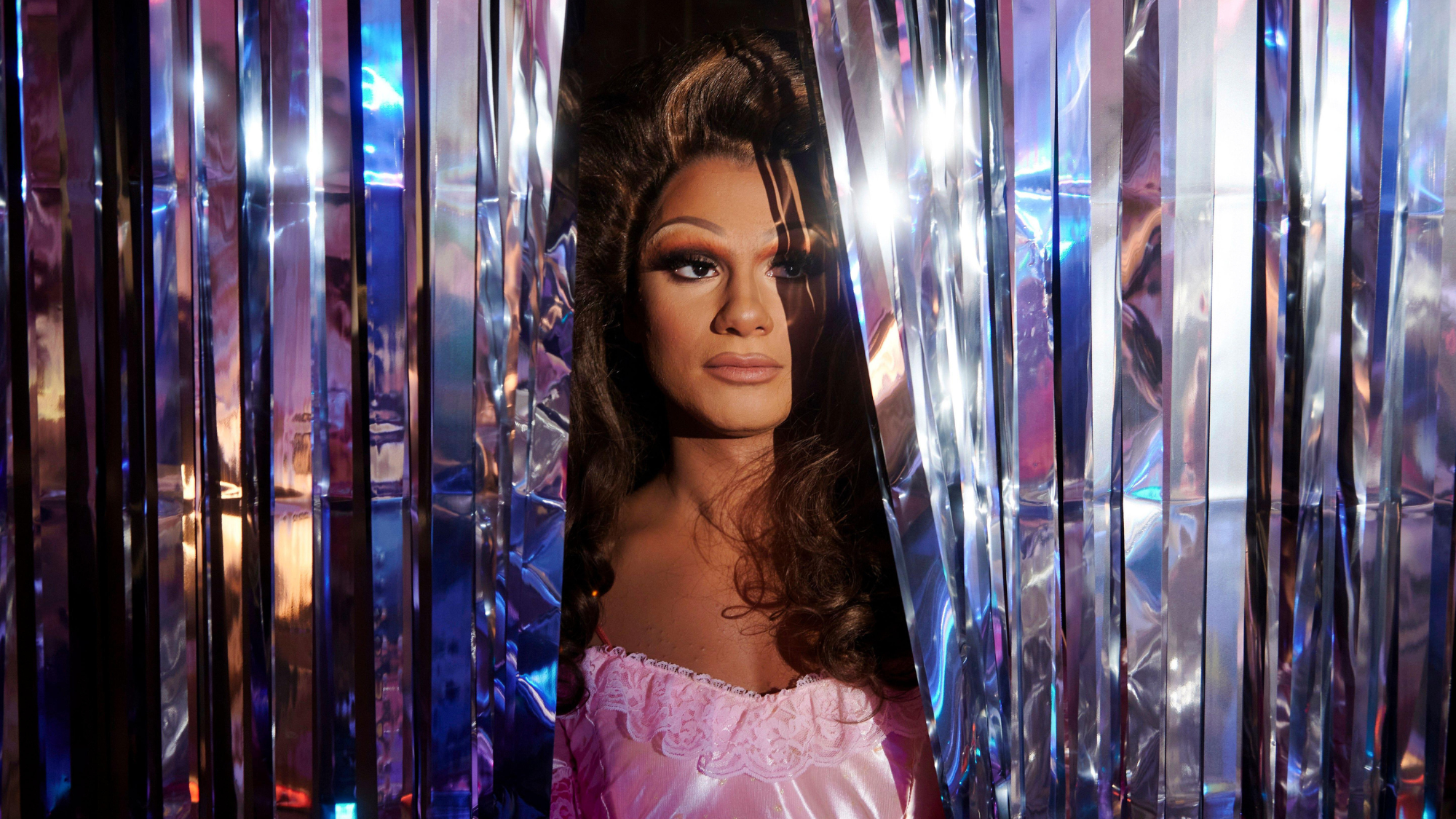 Layla: Amrou Al-Kadhi's queer love story splits critics
Layla: Amrou Al-Kadhi's queer love story splits criticsTalking Point Bilal Hasna gives a 'winning performance' in starring role – but the romance feels 'bland'
-
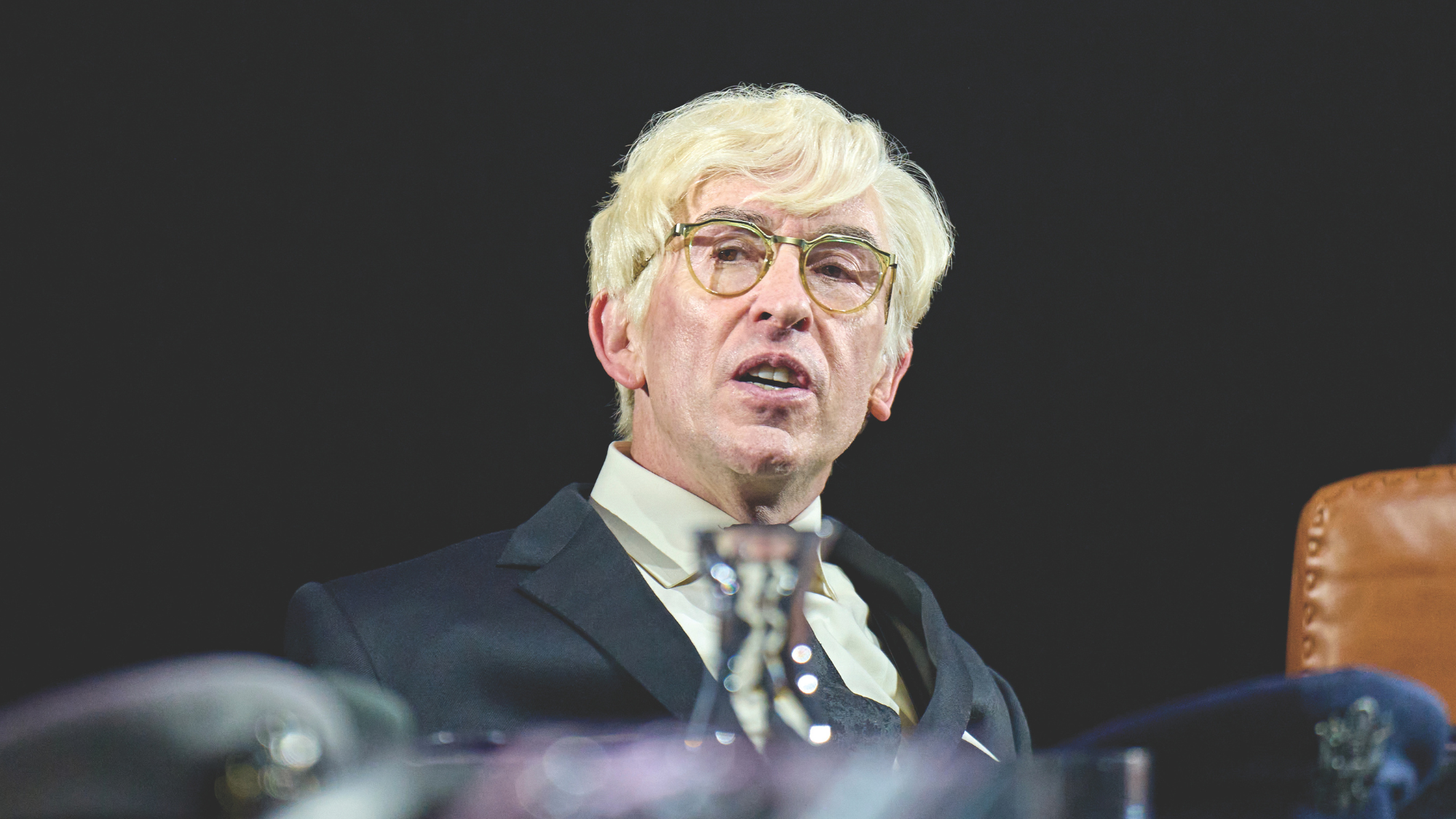 Dr. Strangelove: is stage adaptation of iconic film a 'foolish' move?
Dr. Strangelove: is stage adaptation of iconic film a 'foolish' move?Talking Point Steve Coogan puts on a dazzling performance in show that falls short of 'the real thing'
-
 Paddington in Peru disappoints critics
Paddington in Peru disappoints criticsTalking Point Keenly anticipated threequel sees the beloved bear swap London for South America